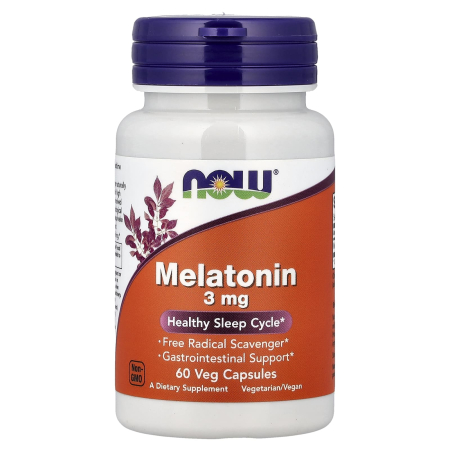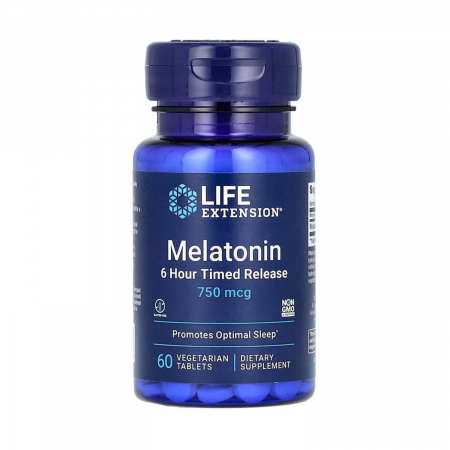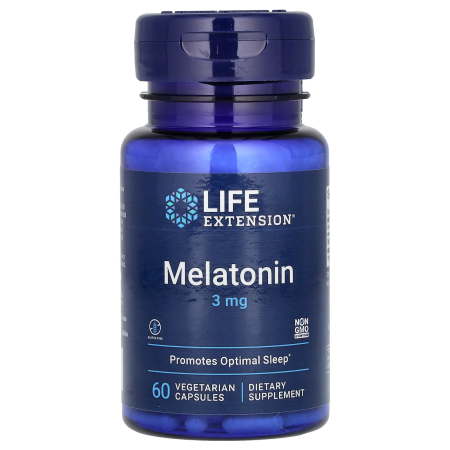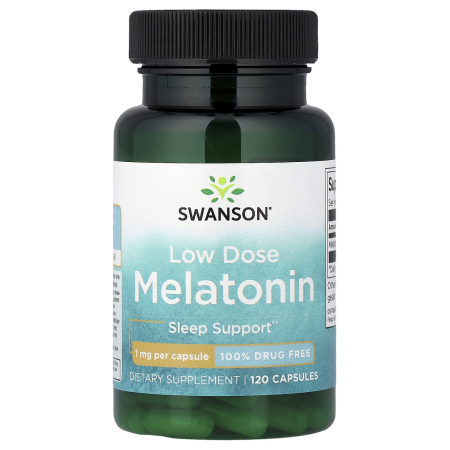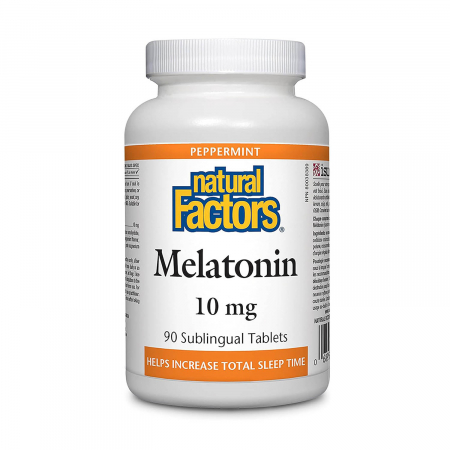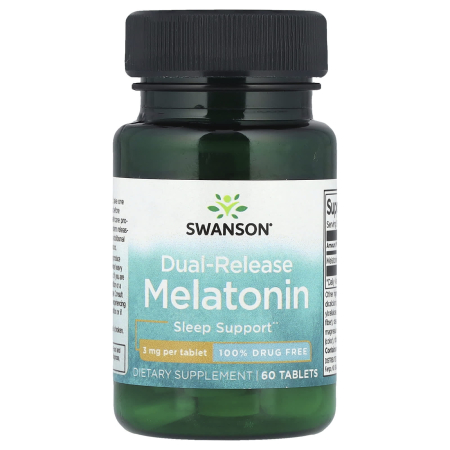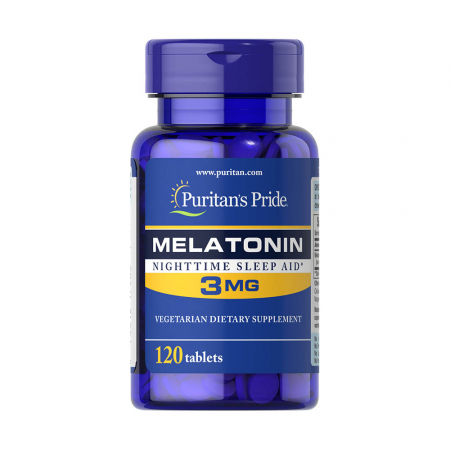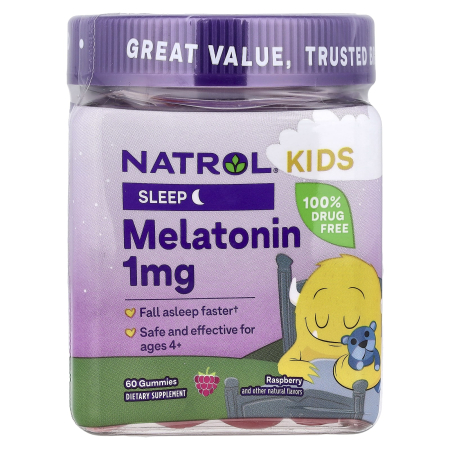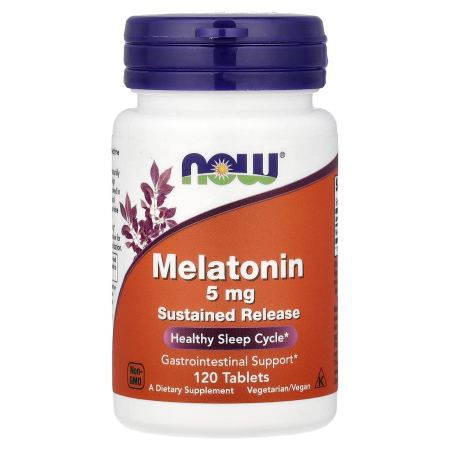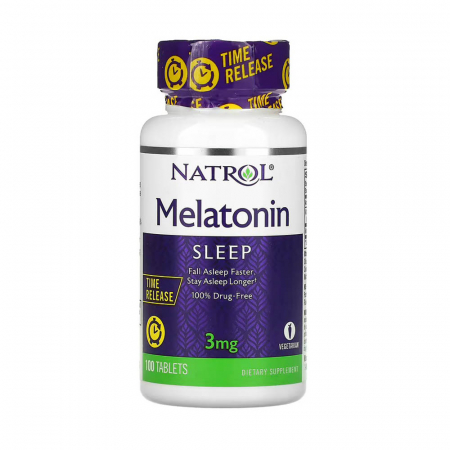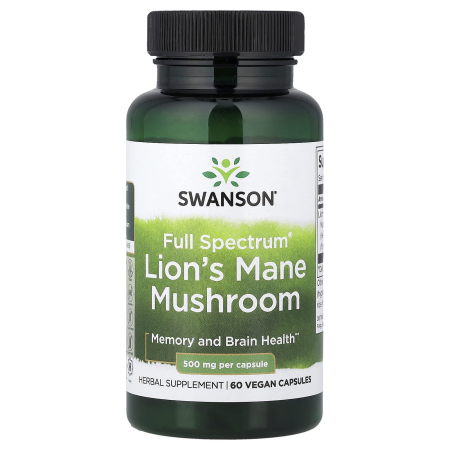Melatonin
Display: 1-15 from 15 products
FiltersMelatonin, 6 Hour Timed Release, 750 mcg, Life Extension, 60 tablets
Melatonin is synthesized by the pineal gland in the brain. In a healthy individual, melatonin is released in a rhythmic cycle, more melatonin being produced at night when the light entering the retina begins to decrease. That's why melatonin is also called the "darkness" hormone. The level of melatonin varies in 24-hour cycles.
Normally, it starts to rise in the afternoon towards the end of the evening, stays high almost all night and then falls in the early hours of the morning. Melatonin is transported through the blood to different areas of the body, signaling the body the need to sleep. Nocturnal levels of melatonin are at least 10 times higher than those during the day.
Melatonin secretion by the pineal gland varies significantly with age. It starts in the third or fourth month of life and coincides with the consolidation of sleep at night. After a rapid increase in secretion, nocturnal melatonin levels peak at 1-3 years of age, then decline slowly until they reach a plateau that persists throughout young adulthood. After a steady decline in most people, nocturnal melatonin levels in a 70-year-old person reach only a quarter of those seen in young adults. In some elderly people, only a very small amount of melatonin is secreted, and in others none at all.
Nocturnal melatonin secretion is inhibited by relatively weak light when the pupils are dilated. This is believed to be the main way in which prolonged use of devices such as laptops and smartphones before bed can have a negative impact on melatonin secretion, circadian rhythm and sleep.
Melatonin is important in regulating the sleep-wake rhythm of the body's internal clock. In humans, the nocturnal secretion of melatonin initiates and maintains sleep and is often referred to as the "sleep" hormone. Although it is not essential for sleep, we sleep better as long as melatonin is secreted.
Also, in many animals (mammals and birds), melatonin secreted by the pineal gland is essential for regulating the seasonal biological rhythm (for example, reproduction, hibernation behavior and fur growth during winter) in response to the change in day length. Melatonin is secreted in larger quantities in autumn and winter, when the nights are longer, and in smaller quantities in spring and summer.

